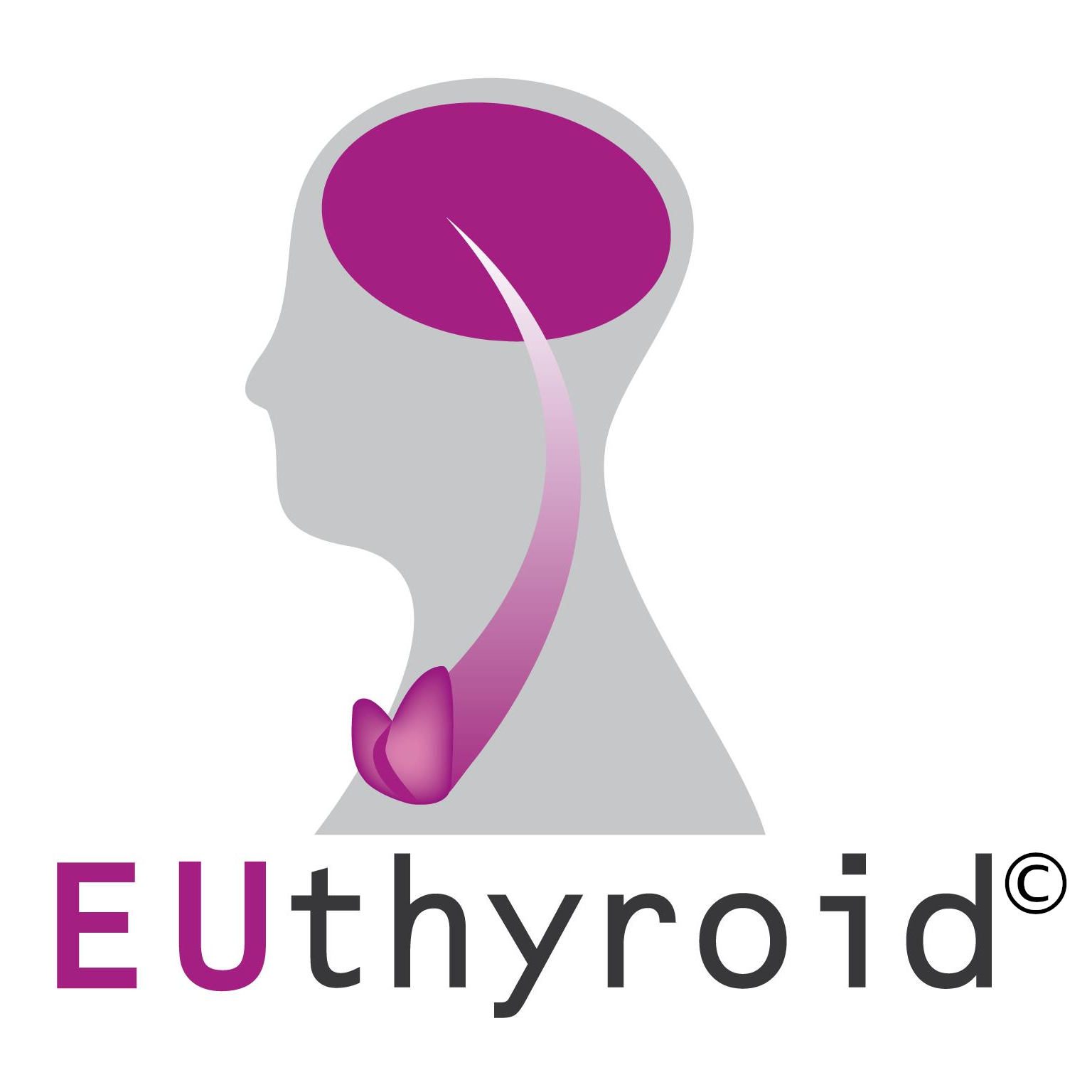The major aims of IDD prevention programmes are to reduce the prevalence and incidence of thyroid diseases and consequently decrease the expenditures in health-care systems spent on thyroid diseases.
However, due to the fragmentation of European IDD prevention and monitoring no centralised infrastructure exists. The IGN (iodine global network) provides a forum for researchers and clinicians concerned with IDD to discuss and adjust local practices, but a sustained harmonised approach requires capacities that are currently lacking. EUthyroid will address this need through the establishment of training initiatives and centralised quality-assurance approaches for iodine and thyroid-related measurements. This will develop the necessary capacities to support on a national level IDD monitoring in a harmonised and cost-effective manner in the longer term
Regular monitoring studies of iodine status in the general population ensure IDD prevention programmes provide the necessary iodine tailored to changing demands. The validity of population-based studies on iodine and thyroid-related diseases is potentially limited by bias due to:
- Non-representative study populations
- Methodological flaws in performing interviews, laboratory analyses and ultrasound examinations
- Observer-related factors
- Differences in applied examination devices.
EUthyroid improves the validity of monitoring studies by providing:
- Standardised questionnaires
- Standard operating procedures and web-based teaching material for laboratory and ultrasound examinations
- Cross-laboratory examinations for urine iodine and major serum markers of thyroid function and autoimmunity
- Certification tools for ultrasound readers
- Ultrasound phantoms to assess inter-device variability in thyroid ultrasound

